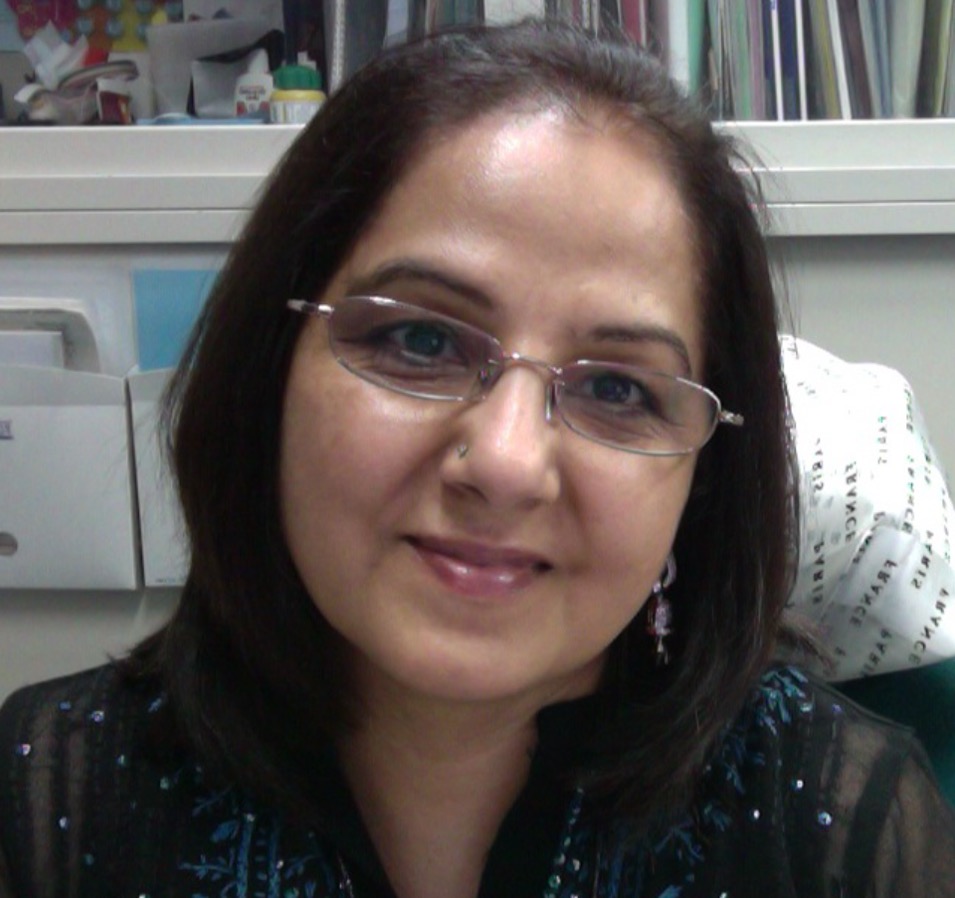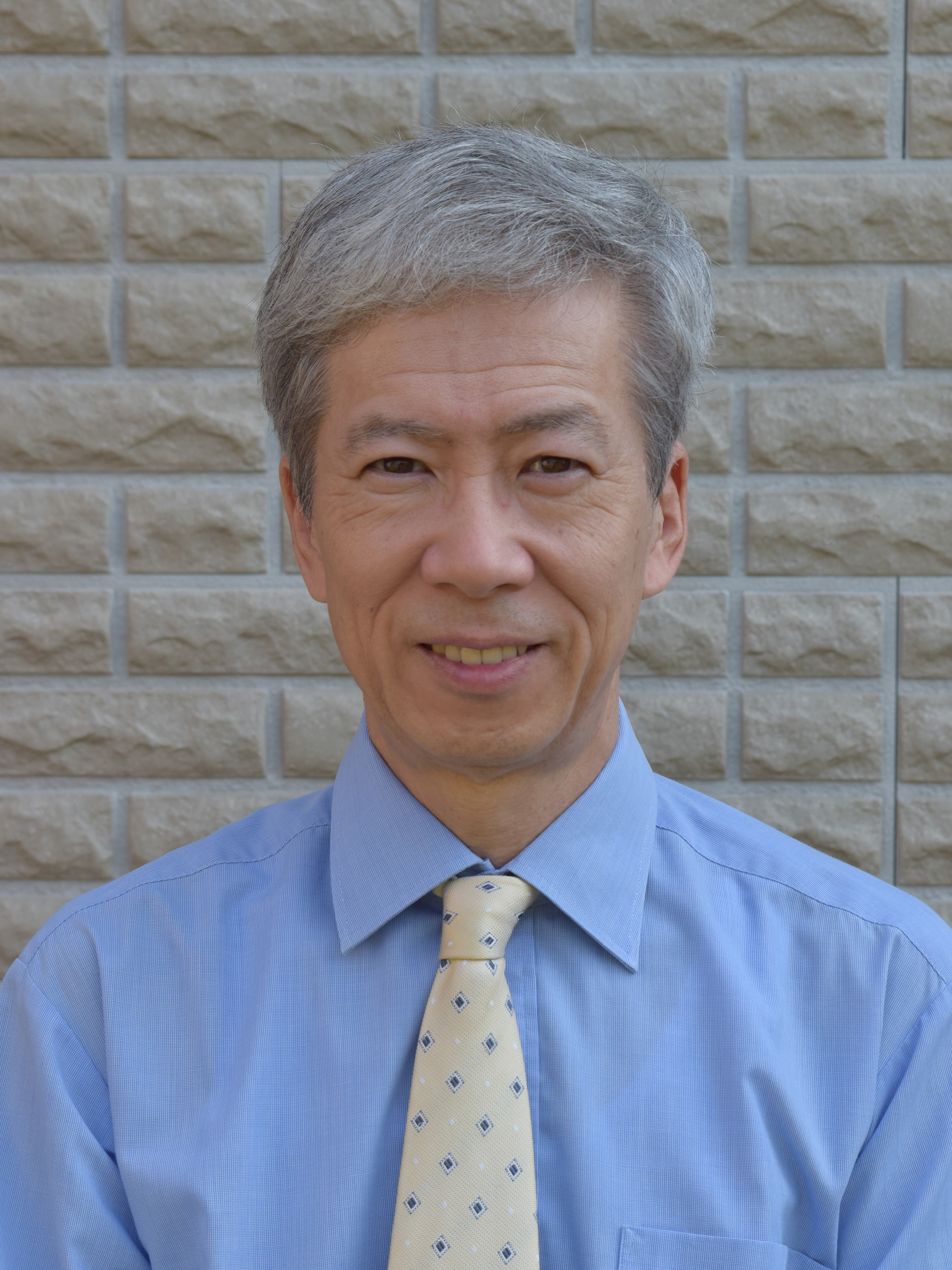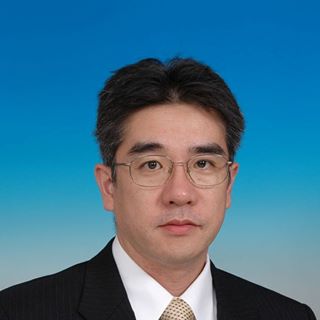- Faculty Members
- Professors from
Universities Abroad - Faculty Voices
- Alumnus Voices 1
- Alumnus Voices 2
Faculty Voices
Disease Mechanism Course

Renu Wadhwa
Professor, School of Integrative and Global Majors Group Leader, National Institute of Advanced Industrial Science and Technology (AIST)
With upcoming digital world, education and research technologies have revolutionized in last three decades. The libraries have been transformed from physical collection of information to virtual and electronic versions in the form of big databases. With this ease of access to information, the new challenge is how one could make the best of the information available. Parallel to this scenario, globalization of education and business has evoked new challenges for training the young generations to international standards of education and careers. Tsukuba University Life Science Innovation (T-LSI) program is one of the rare ones in the world that combine several aspects of basic and applied science learning and industrialization with an aim to “Sustain the Society and Support Life to the Largest. With my working experience in academia and pharmaceutical industry, I feel that there is indeed a strong need to bring the two together both in terms of training the talents, and bridging them to industry to promote innovation and industrialization of research. T-LSI is a thoughtful initiative built with the soul that “Sharing is the Solution”. It connects highly competent faculties of renowned national and international repute to the students of international backgrounds and offers a multifactorial platform of world-class education. Learning through academic, research, industry and government sectors; small class size enabling direct interactions with teachers, and focus on innovative career building are the highlights that would make T-LSI a program of choice.Food Innovation Course

Toshikazu Kamiya
Professor, School of Integrative and Global Majors Research Fellow, Kyowa Hakko Bio Co., Ltd.
T-LSI is a unique post-graduate program intended for students wishing to play a leading role in life science eld wherever you will work in the future. T-LSI provides students with opportunities to learn a variety of subjects through lectures, research, internship, group discussions, presentations, etc. In my class, Team Learning in Life Science Innovation, students are encouraged to improve their skills to create new projects that meet existing or potential demands in various life- science related segments. The students discuss many topics in the class with other students of different backgrounds and nationalities, which helps them make friends with each other quickly and broaden their scopes for their future directions. You may not be sure what you should specialize in in the future. Don’t worry. Our mission is to help you make yourself more knowledgeable, more creative, and more flexible so that you can decide what you really want to do while keeping yourself continuously seeking for the demand from the society that you can contribute to for the forthcoming years. Learning about activities in industry in the Tsukuba Science City is also a great bene t of this program to know how innovative academic information can form itself as an actual product or a practical system. This way, we expect all the students of T-LSI will eventually attain a common goal: global improvement of people’s life.Environmental Management Course

Iwane Suzuki
Professor, Faculty of Life and Environmental Sciences
To sustain environmental situations, enhancement of utilization of sustainable energy is very important. In general, among a various source of the sustainable energy, e.g. hydrant, wind, solar, wave, tide and geothermal produce electricity, whilst only biomass can be usable as a substitution of petroleum, which is used as fuels and materials for a plenty of daily necessities. We are focused on biomass production by microalgae, because their potential of oil production is rather high and the cultivation does not directly compete with the production of crops. In our group, we are studying regulation of metabolic pathway and transplants of biosynthetic pathway of usable compounds in several microalgae to improve and enhance productivity. For instance, we recently developed a novel artificial sensor to regulate its metabolism via regulation of gene expression in cyanobacteria and we also developed strains of cyanobacteria producing unusual modified fatty acid, i.e. a cyclopropane fatty acid and a branched fatty acid, via photosynthesis. Now we are going to apply this into the eukaryotic algae. We also attempting to produce other types of unusual fatty acids which can directly be applicable for the materials of polymers. Those who are interested in such fields are very welcome to join in our group.